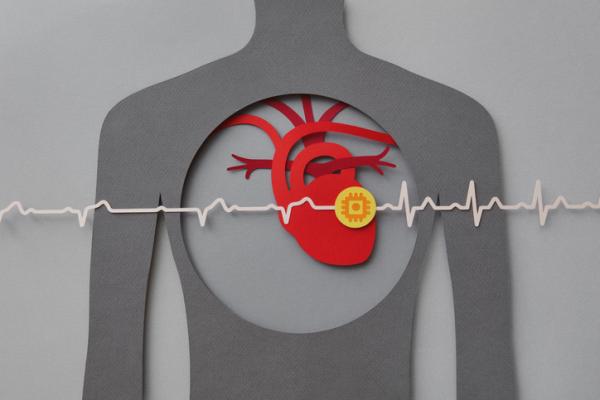
Getty Images
April 20, 2023 — Acutus Medical, Inc., an arrhythmia management company focused on improving the way cardiac arrhythmias are diagnosed and treated, announced results from the RECOVER AF study. The study, published online in EP Europace, found that patients who received AcQMap-guided ablations for retreatment achieved better outcomes compared to those who underwent traditional anatomical retreatment strategies.1-3
Moreover, the study showed patients who had only undergone pulmonary vein isolation (PVI) before enrollment achieved 91% freedom from atrial fibrillation (AF) at one year, while the entire study population, with varying prior procedures, reported 76% freedom from AF at one year.1 Overall, these findings underscore AcQMap’s differentiated offering for retreatment procedures in delivering personalized therapy to yield improved outcomes and fulfill a major unmet need in the market.
“These results are encouraging and add to the growing evidence that mapping AF to guide an individualized treatment plan may be advantageous at the earliest opportunity in patients with persistent AF,” says principal investigator Timothy R. Betts, MD, MBChB, FRCP (Oxford University Hospitals, UK). “Furthermore, the particularly high success rates for persistent AF retreatment patients with only a prior PVI, in contrast to those with prior PVI+, suggests that ablation beyond the PVs that is empiric and not informed by AF mapping could be detrimental.”
In the RECOVER AF study, AcQMap’s unique whole chamber single-beat non-contact mapping was used to map AF and detect Pathological Conduction Patterns (PCPs), which were then targeted for therapy with a core-to-boundary ablation strategy. 76% of patients undergoing retreatment with AcQMap-guided ablations experienced freedom from AF at one year. Furthermore, freedom from AF was particularly high for patients who had only PVI before enrollment compared to those who had PVI plus additional non-PV ablations (91% vs. 63%, p<0.05). The outcomes provide clear evidence that advanced, patient-specific mapping with the AcQMap system leads to superior outcomes over empirical approaches, especially when used earlier in the patient’s treatment pathway.
Conventional approaches to retreatment procedures for AF consistently result in unsatisfactory outcomes, with only 60-68% of patients being AF-free after 12 months.2-3 There are an estimated 100,000-150,000 AF retreatment procedures annually, which create a significant burden on the healthcare system.4 Studies have shown that a mere 1% reduction in redo ablations could save the US healthcare system nearly $30 million annually.5 Outcomes in the RECOVER AF study highlight the pivotal advantage of AcQMap system and the importance of a personalized ablation strategy.
“The RECOVER AF study’s findings help advance our strategy to become the system-of-choice for EPs treating complex arrhythmias, including for patients undergoing treatment for persistent AF,” said David Roman, President & CEO of Acutus Medical. “Over the past year, we have focused the Company’s research and development, commercial, and clinical resources to support customers tackling the most challenging conditions in EP. Through technology innovation and further clinical evidence generation, we believe AcQMap has the potential to become standard-of-care across several arrythmias, and ultimately, impact over $3 billion in addressable procedure categories.”
For more information: https://www.acutusmedical.com/us/


 February 03, 2026
February 03, 2026 









